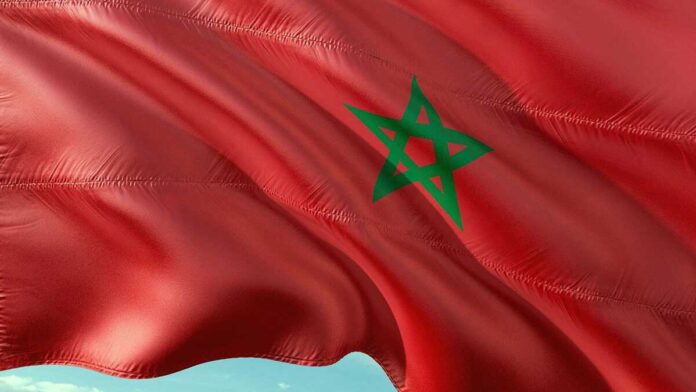The Mastercard Economics Institute has released its annual Economic Outlook 2025 report, highlighting upcoming economic trends and growth opportunities for Morocco in a rapidly evolving global landscape. With GDP expected to grow by 3.5% in 2025, the Kingdom is positioned slightly above the global average of 3.2%, confirming its steady development trajectory.
Morocco’s GDP increase, up from 3.1% in 2024, reflects ongoing economic progress supported by remittances, inflation stabilization, and strategic reforms implemented in recent years. After an inflationary peak exceeding 6% in 2022 and 2023, inflation significantly dropped below 1% in 2024 and is expected to stabilize at around 2.5% in 2025.
This price stability fosters a favorable climate for consumer spending, projected to grow by 3.4% in 2025. Moroccan households will benefit from greater economic predictability, encouraging spending in essential sectors such as food, healthcare, and education. However, caution remains, as consumers continue adjusting their purchasing habits by opting for more affordable alternatives for discretionary goods.
The report also emphasizes the growing importance of remittances from Moroccans living abroad, which play a crucial role in the financial stability of many families and the national economy. Globally, these money transfers increased from $128 billion in 2000 to $857 billion in 2023, with a projected growth of 3% in 2024 and 2025.
In Morocco, this trend is further supported by the digital transformation of payment systems, which enhances access to remitted funds, reduces transaction costs, and improves transfer security. Digitalization is accelerating financial inclusion, allowing beneficiaries to adopt more efficient digital and mobile solutions.
For Mohamed Benomar, Mastercard’s Northwest Africa Country Manager, payment innovation is a key driver of Morocco’s economic resilience. The digitalization of financial transactions is not only streamlining remittances but also redefining everyday payment experiences, facilitating access to financial services for a broader segment of the population.
Economic diversification and financial inclusion remain crucial for sustainable and resilient growth. Khatija Haque, Chief Economist for Europe, the Middle East, and Africa at Mastercard, highlights that Morocco’s 2025 outlook reflects its strong potential for continued development, leveraging structural advancements and regained stability.
As the global economy shifts toward a new equilibrium between growth and inflation, Morocco appears well-positioned to capitalize on emerging trends. The combination of controlled inflation, dynamic consumer spending, and accelerated digital transition could provide the country with a strong foundation to enhance its economic attractiveness and resilience against future challenges.





